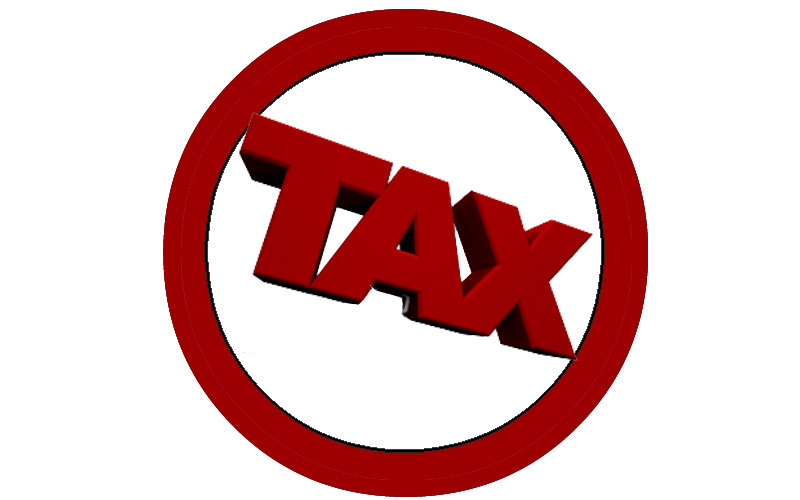
| Big names face tax scrutiny | |
Big-name foreign companies such as Adidas, Coca-Cola and PepsiCo are facing scrutiny from local tax authorities on transfer pricing possibility in Vietnam. The General Department of Taxation (GDT) last week sent a document to the Ho Chi Minh City Department of Taxation on defining market price in related parties transactions for Adidas Vietnam Limited Company, saying that the transactions between Adidas Vietnam and other partners were likely to be related parties transactions. The GDT, therefore, is requiring the Ho Chi Minh City Department of Taxation to inspect the relationship between Adidas Vietnam and Adidas AG, Adidas Singapore, Adidas International Trading B.V and retailers. “The agency will check commercial contracts that Adidas signed with these parties and related documents to define the reasonability of Adidas Vietnam’s costs in accordance with regulations under Circular 66/2010/TT-BTC,” said GDT general director Cao Anh Tuan in the document. Circular 66 released by the Ministry of Finance (MoF) on April 22, 2010 is the latest document containing Vietnamese transfer pricing regulations. The circular requires arm’s-length pricing of various business transactions between related party enterprises for Corporate Income Tax (CIT) purposes and sets the guidance on transfer pricing methodologies and compliance requirements for taxpayers, among others. Adidas, the world’s second-biggest sporting goods maker, forecasted its net income growth in a range of 15-17 per cent this year and the total profit for the whole year was estimated to reach $943-962 million. It was not the first time the Vietnam tax authorities raised doubt about transfer pricing at foreign-invested enterprises (FIEs). FIEs reporting losses for many consecutive years while still aggressively expanding business and production in Vietnam have created a headache for Vietnamese management agencies. Le Duy Minh, head of the Inspection Department 1 under the Ho Chi Minh City Department of Taxation, said Coca-Cola and PepsiCo were now being inspected to find out whether they had been implementing transfer pricing activities in Vietnam. According to the Department of Taxation of Ho Chi Minh City, the cumulative losses of PepsiCo Vietnam till end of 2010 were VND1.2 trillion, or $57 million at current exchange rate. During 13 years, from 1994 to 2007, the firm continuously reported losses. In 2007, PepsiCo Vietnam started reporting profits but it was allowed to carry forward loss, so the firm did not have to pay any tax. In 2008, the company continued to report losses. The tax authority has just collected CIT from PepsiCo since 2009 with the modest total amount of $1.9 million from 2009-2011. And during the three years, the profit PepsiCo reported was equivalent to only around 2-3 per cent of its revenue. Meanwhile, its biggest rival, Coca-Cola, which operates three plants in Ho Chi Minh City, Hanoi and Danang, has never reported profits in Vietnam. Coca-Cola’s cumulative losses in Vietnam were $181 million till September 30, 2011, which was even bigger than its equity of $141.8 million, according to Ho Chi Minh City Department of Taxation. Minh said Coca-Cola Vietnam had blamed high price of materials exclusively provided by its parent company for the loss. Despite big cumulative losses and modest profits compared with revenue, PepsiCo still continued to expand its business scale in Vietnam. In October, the firm officially inaugurated a new $45 million beverage plant in the southern Dong Nai province and a $73 million beverage plant in northern Bac Ninh province. According to the General Department of Taxation, apart from CocaCola, many big firms such as Metro Cash & Carry and Big C had reported losses for many years in a row. Metro Cash & Carry reported a loss of VND1,157 billion ($55.63 million) from 2001-2009 while its equity was VND633 billion ($30.43 million). Minh said transfer pricing issues were present in many FIEs in Vietnam, especially multi-national companies with a large system of markets in the world. In Vietnam, some sectors with many FIEs with signs of transfer pricing were textile and garment, beverage and consumer products. “In the consumer products sector, Unilever is also one of the enterprises that need inspecting. Despite high revenue and growth and tax contribution to the budget, the firm has transferred a large part of its revenue on trademark and technology to its parent company which needs to be checked whether it is reasonable and satisfactory or not,” Minh told VIR. “In retail industry, Metro Cash & Carry, Big C and Lotte Mart are big names with big losses for many years which will also be under inspection in the coming time,” added Minh. | |
| VIR |
